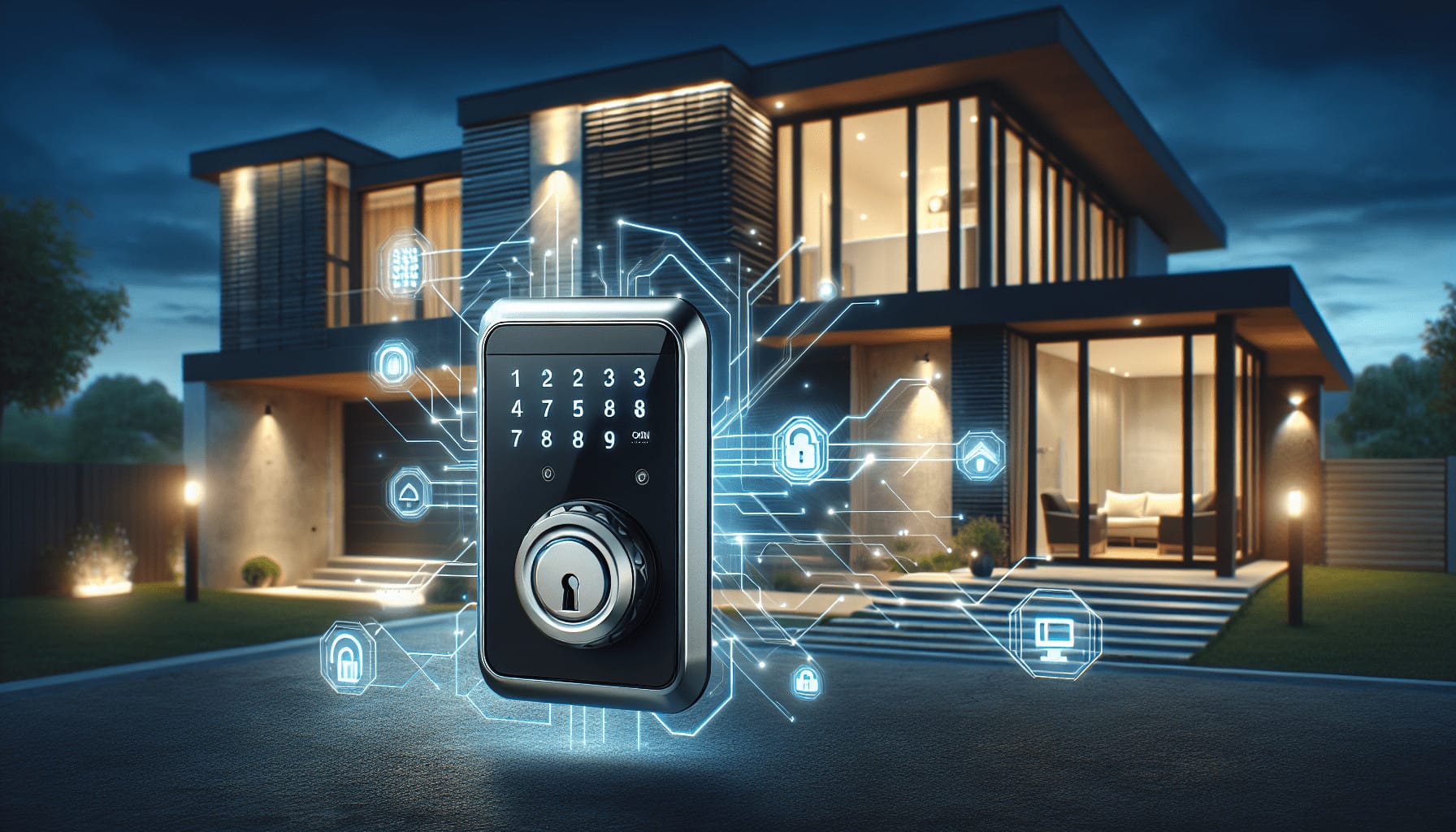Have you ever wondered what steps you can take to ensure your home’s safety during a crisis? With the world constantly changing, it’s crucial to be prepared for any situation, whether it’s a natural disaster, a power outage, or any other emergency that might arise. Securing your home not only provides peace of mind but can also be vital for the safety of you and your loved ones. Let’s walk through some of the best techniques to protect your abode in uncertain times with practical advice and friendly tips.

Understanding the Importance of Home Security
Why Home Security Matters
In times of crisis, homes can become vulnerable to various threats, from break-ins to natural disasters. Securing your home means safeguarding it against these possibilities, ensuring your possessions and loved ones remain protected. It’s not just about having the right locks; it involves a comprehensive approach to safety that might include security systems, proper lighting, and emergency plans.
Common Threats During a Crisis
Understanding the types of threats you might face is the first step in preparing. Common crisis situations include:
- Natural Disasters: These could be floods, hurricanes, or earthquakes that threaten your home’s structural integrity.
- Burglary and Crime: During times of chaos, crime rates can surge, making it essential to bolster your home’s security.
- Resource Scarcity: During prolonged crises, everyday essentials might become scarce, highlighting the need for preparedness.
Being aware of these potential threats helps in planning better defenses and ensuring you can respond appropriately when needed.
Techniques for Physical Home Security
Reinforcing Entry Points
Your doors and windows are the most common points of entry. Reinforcing them is a vital step in home security.
-
Doors: Use solid-core or metal doors for added strength. Install deadbolts and consider a door barricade for extra security. Don’t forget about securing sliding doors with a rod or dowel in the track.
-
Windows: Invest in shatter-resistant film or reinforced glass. Window locks or security bars can also be added for enhanced protection.
Installing a Security System
Modern security systems offer more than just alarms. Look for systems that include:
- Surveillance Cameras: Place these at strategic points around your home for 24/7 monitoring.
- Motion Sensors: These can be an excellent deterrent for intruders when installed at entry points.
- Alarm Systems: A loud alarm can scare away potential intruders and alert you to their presence.
Additionally, some systems can be connected to your smartphone, allowing you to monitor your home remotely, providing peace of mind even when you are away.
Utilizing Proper Lighting
Lighting is a simple yet effective security measure.
-
Exterior Lighting: Motion-activated lights can startle intruders, making them less likely to approach your home.
-
Interior Lighting: Consider using smart bulbs that can be programmed to turn on and off at different times to make it appear as if someone is always home.
Building Stronger Boundaries
Consider your property’s boundaries as your first line of defense.
-
Fences: A tall, sturdy fence can deter would-be intruders. Adding thorny shrubs can enhance this natural barrier.
-
Gates: Ensure gates are lockable and kept secure, especially during a crisis.
Preparing for Power Outages
Backup Power Solutions
Power outages can compromise your home security systems. Having a backup plan ensures your home remains protected.
-
Generators: Invest in a portable or standby generator to power essential systems during an outage.
-
Battery Backups: Many security systems offer battery options to keep them running without external power.
Manual Security Measures
In case your electronic systems fail, it’s wise to have manual security measures in place.
-
Manual Locks: Ensure you have high-quality locks that can be used manually on all doors and windows.
-
Physical Barriers: Reinforce doors with barricades or braces that don’t rely on power.
Smart Solutions for Power Efficiency
Opt for smart home technology that’s designed to work efficiently during lower power availability. Devices like smart thermostats and energy-efficient appliances can reduce your energy usage, leaving more power available for security systems.
Emergency Communication and Planning
Creating an Emergency Plan
Having a plan is essential for any crisis. Gather your family to discuss possible scenarios and establish clear guidelines for each situation.
-
Escape Routes: Identify multiple escape routes from each room in your house in case one is blocked.
-
Safe Spots: Designate safe areas both inside and outside your home where your family can gather.
Keeping Communication Open
During a crisis, staying connected with family members and the outside world is crucial.
-
Cell Phones: Keep phones charged and consider having a solar charger for emergencies.
-
Two-Way Radios: These can be useful when cellular networks are down.
Storing Important Information
Have a secure, easily accessible place for important documents and digital backups, such as birth certificates, insurance policies, and emergency numbers.

Psychological Preparedness
Staying Calm Under Pressure
Stress and fear are natural reactions during a crisis. Preparing mentally can make it easier to face challenges head-on.
-
Practice Mindfulness: Techniques like deep breathing or meditation can help keep stress levels down.
-
Drills and Rehearsal: Regular practice of your emergency plan can make it second nature when a crisis strikes.
Keeping the Family Involved
Involving your family not only ensures everyone is ready, but it can also reduce fear by empowering them.
-
Assign Roles: Give each family member specific responsibilities, so they know what to do.
-
Regular Meetings: Discuss your emergency plans regularly and update them as needed.
Summary
Preparing your home for a crisis involves not only physical security measures but also ensuring you and your family are mentally and emotionally ready. From reinforcing doors and windows to setting up smart lighting and communication plans, there are many steps you can take. By implementing these techniques, you can help ensure your home’s safety, whatever challenges you may face. Remember, preparedness is about creating peace of mind, so take these steps today to protect what matters most.
